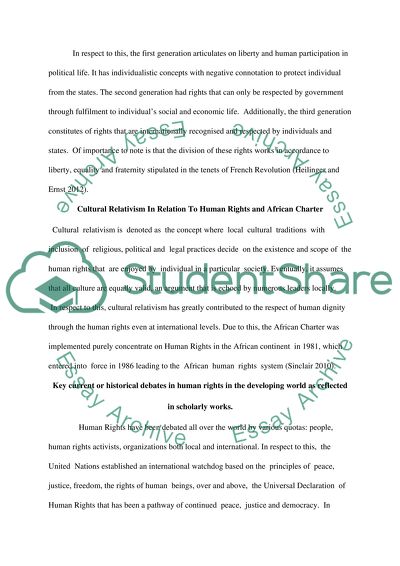Cite this document
(“Non-government Organizations Are the True Heroes of the Changes to the Essay”, n.d.)
Non-government Organizations Are the True Heroes of the Changes to the Essay. Retrieved from https://studentshare.org/law/1478236-non-government-organizations-are-the-true-heroes
Non-government Organizations Are the True Heroes of the Changes to the Essay. Retrieved from https://studentshare.org/law/1478236-non-government-organizations-are-the-true-heroes
(Non-Government Organizations Are the True Heroes of the Changes to the Essay)
Non-Government Organizations Are the True Heroes of the Changes to the Essay. https://studentshare.org/law/1478236-non-government-organizations-are-the-true-heroes.
Non-Government Organizations Are the True Heroes of the Changes to the Essay. https://studentshare.org/law/1478236-non-government-organizations-are-the-true-heroes.
“Non-Government Organizations Are the True Heroes of the Changes to the Essay”, n.d. https://studentshare.org/law/1478236-non-government-organizations-are-the-true-heroes.


